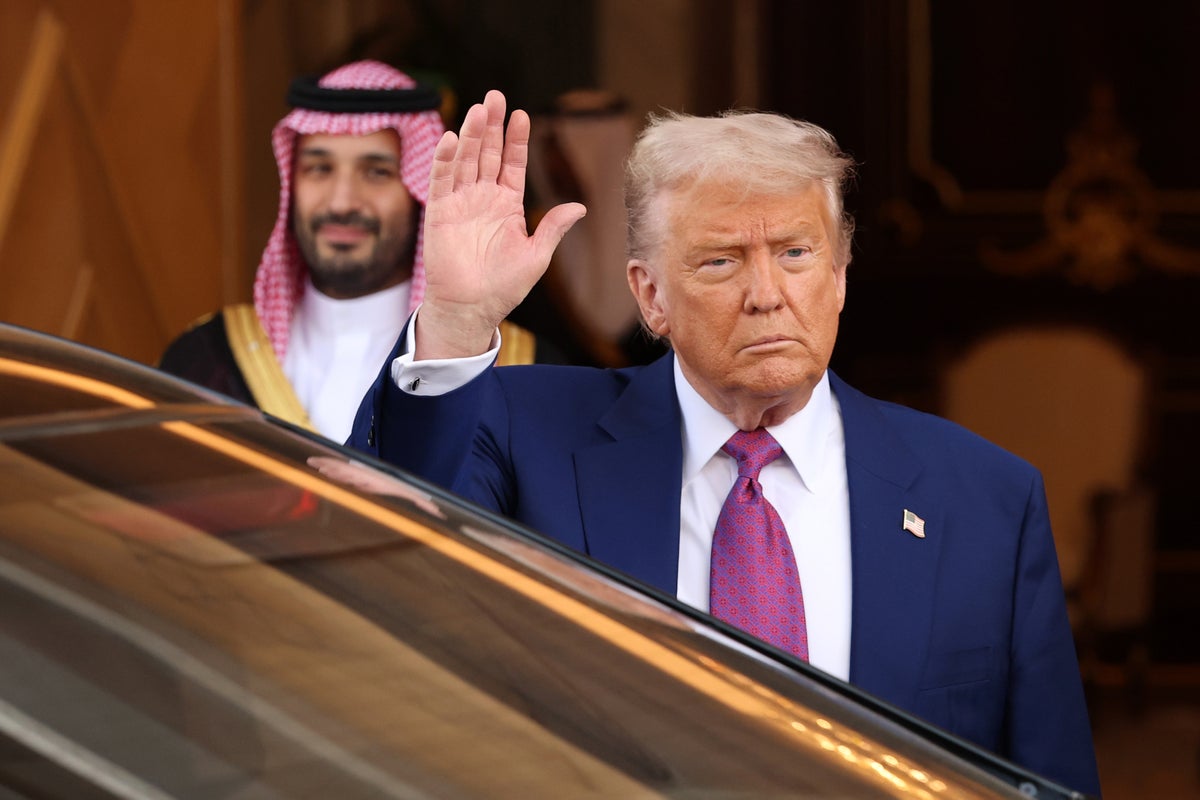Inside the Controversy: Trump’s $400 Million Gift from Qatar
In a recent interview with Fox News host Sean Hannity, former President Donald Trump stirred headlines by discussing his apparent approval of a $400 million gift: a luxurious replacement for Air Force One from Qatar. This controversial offer, coming from a nation often criticized for its connections to Hamas, raises significant ethical questions about presidential gift acceptance.
The Interview: A President’s Perspective
Trump expressed confusion over why accepting such a gift would be concerning, stating, “Why wouldn’t I accept a gift?” His comments reflect not only his interest in the luxury of the aircraft but also a dismissive attitude toward the implications of accepting a substantial gift from a foreign state. During the same interview, he noted his dissatisfaction with the current Air Force One, calling it “small” and “less impressive” compared to the newer jets of countries like Saudi Arabia and Qatar.
As Trump sat aboard Air Force One, he lamented the age of the aircraft, which has been in service for almost 40 years. His remarks revealed not just a longing for a more modern plane but also a tendency to prioritize the image and status of the United States in the realm of global prestige.
A Lavish Offering: The Plane Itself
The Qatari aircraft has been dubbed a "flying palace," a luxury that would set a precedent for the most expensive gift ever gifted to an American president. Trump suggested that after his presidency, the plane could serve as an asset for his presidential library. However, he asserted on Truth Social that it would eventually be handed over to the Department of Defense, attempting to distance himself from any personal gain.
Legal Opinions: The Emoluments Clause
Trump’s acceptance of the gift raises serious legal questions, particularly concerning the Emoluments Clause of the U.S. Constitution. Democratic Representative Ritchie Torres publicly condemned the deal as a “flying grift,” emphasizing the risks of corruption inherent in such exchanges. This constitutional provision explicitly prohibits public officials from accepting any gifts from foreign entities, a point that legal experts are taking seriously.
Columbia Law School professor Richard Briffault noted that if the plane were to end up in Trump’s library post-presidency, it could signify a clear violation of the Emoluments Clause. The nature of extravagant gifts leaves recipients open to potential influence from foreign governments, a troubling prospect in U.S. diplomatic affairs.
Ethical Implications: More Than Just a Plane
The implications of accepting such a luxurious gift extend beyond legal concerns. Richard Briffault highlighted that these extravagant presents are often designed to foster goodwill between the donor and recipient, potentially leading to an expectation of reciprocity. This creates a slippery slope wherein decisions made by U.S. presidents might be influenced by their relationships with foreign donors.
Trump’s situation raises broader questions about the nature of presidential gifts. The possibility of quid pro quo arrangements become more pronounced when substantial assets, like high-value aircraft, come into the equation. Other nations might feel incentivized to offer similar gifts to sway U.S. policy in their favor.
The Financial Burden on Taxpayers
Beyond the ethical and legal ramifications, there are financial implications for American taxpayers. Upgrading the Qatari plane to meet military and security specifications appropriate for Air Force One could potentially cost billions of dollars. This includes enhancements for secure communications and electromagnetic shielding, features essential for a presidential aircraft.
As discussions about the appropriateness of such a gift continue, the financial burden on taxpayers cannot be overlooked, adding another layer of complexity to an already contentious issue.
The Bigger Picture
Trump’s scenario with the Qatari gift raises fundamental questions about the intersection of power, ethics, and financial responsibility in politics. As this story develops, the ramifications for the presidency and American foreign relations could echo well beyond the contemporary stage, influencing future interactions with foreign powers and altering the landscape of political gift-giving. The discourse surrounding this issue reflects larger concerns about transparency, accountability, and the integrity of American leadership.


